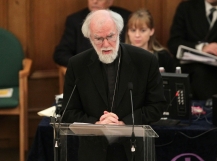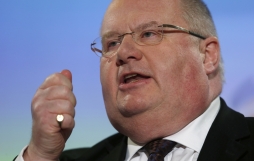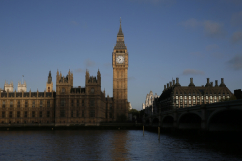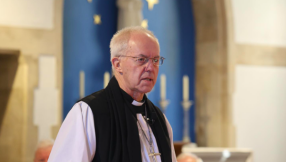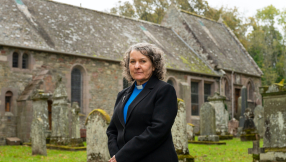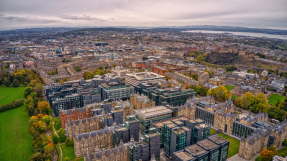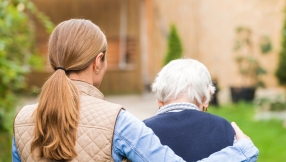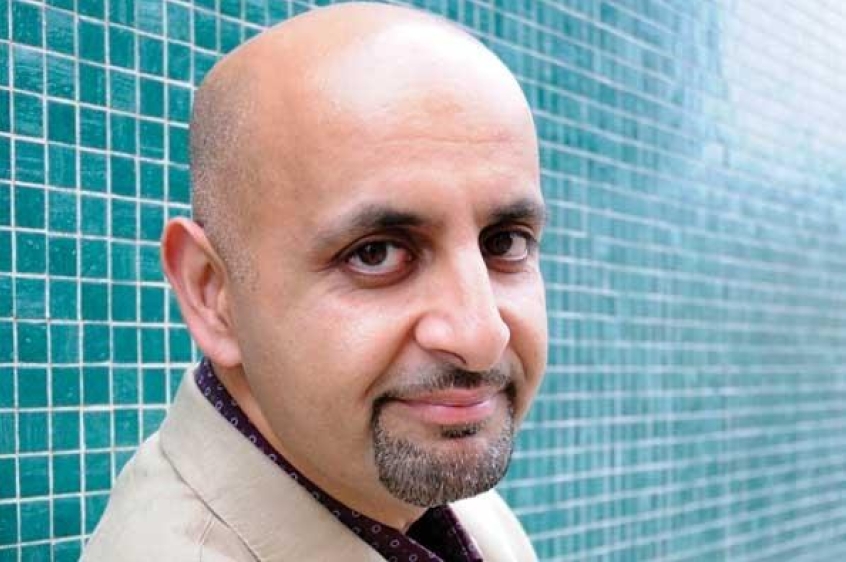
The head of religion and ethics at the BBC has called for the broadcaster to lead the fight against religious illiteracy.
Aaqil Ahmed calls on public service broadcasters such as the BBC to confront a world "defined by religion and conflict" but where most media fail to take religion seriously.
Few people know much about each other's beliefs, values and customs, creating a climate where it is all too easy for prejudice to take root, he says.
Writing on the Open Democracy website, he describes himself as "a weird anomaly" at a time when many media organisations have "turned their backs" on the specialism.
"Europe may seemingly have moved on from traditional religion but the rest of the world hasn't and right now across Britain and Europe people from across the world are living amongst us to whom religion is still important," he writes.
In Britain there are more than 800,000 Hindus and, he says, five per cent of the population is Muslim. There are also nearly 300,000 Jewish people. And while some parts of the Christian population might be in decline, Catholic and Pentecostal churches are growing, many as a result of immigration. This is also increasing the proportion of the population with ethnic minority backgrounds.
Ahmed says: "Throw into this demographic shift the issues we see around us, from Daesh to freedom of speech, to religious intolerance and extremism: why would anyone think religion isn't a genre we need to get right?"
He concludes: "Religion is not dead and despite decades where for many it became irrelevant it's now firmly back in the public space. The BBC is the last game in town in this area and we should all appreciate it holding its nerve where rivals have walked away."
Professor Adam Dinham, director of the Faiths and Civil Society Unit at Goldsmiths, University of London, told Christian Today: "Aaqil Ahmed is right to say that religious literacy is not a luxury. But big though it is, the BBC is not alone in recognising the importance of religion and belief in sectors all across society. There's a growing appetite for it, and there are other religious literacy games in town. Our Religion Media Centre is getting off the blocks at Goldsmiths, University of London, and we're teaching religious literacy in several of our programmes."
Dr Jenny Taylor, director of the religious literacy organisation Lapido Media, said: "I applaud all that Aaqil is as a catalyst within the BBC to ensure it honours its commitment to religious literacy – and I sympathise. His job is after all untenable if the population is stupefied by the appallingly out-dated default notion of our cultural elites that religion doesn't matter any more."










